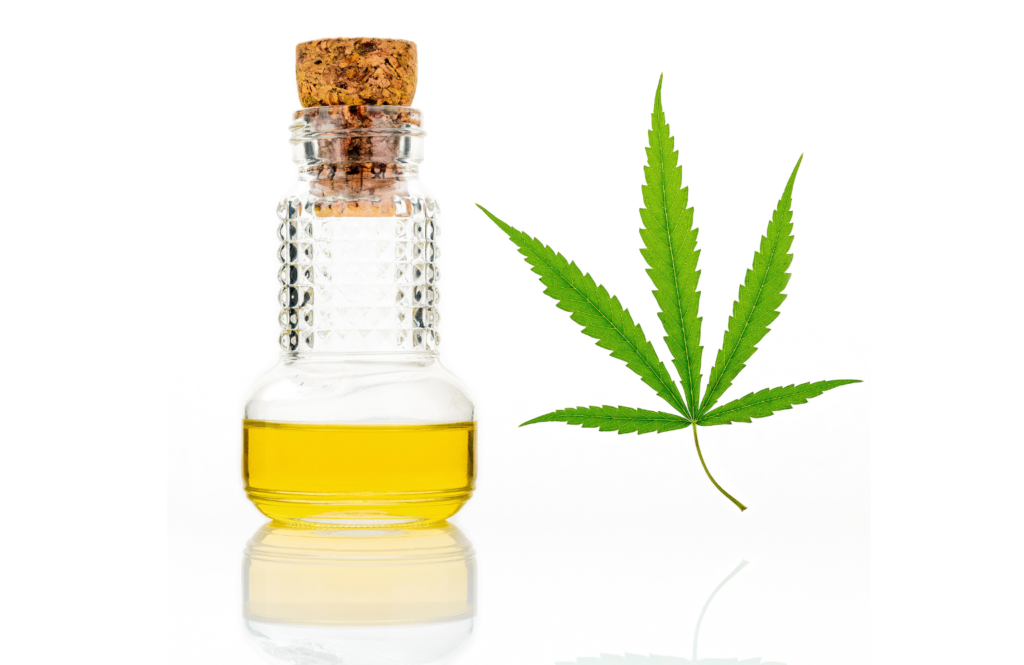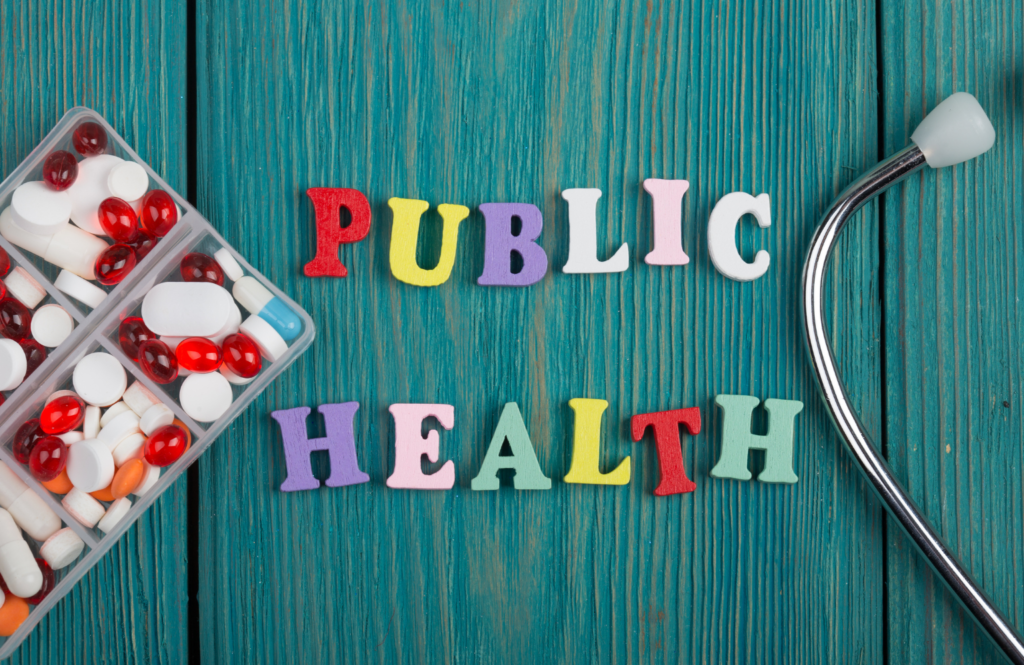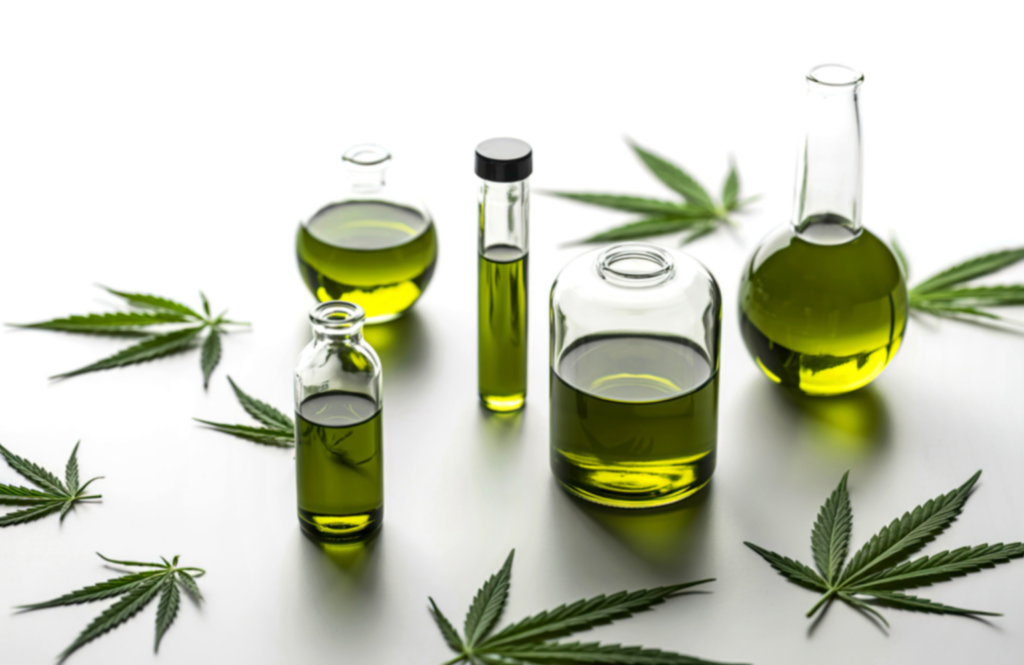A Surprising Connection Between Cannabis and Liver Health
For decades, the narrative was simple: alcohol destroys the liver, and cannabis harms the brain. But a growing body of evidence is turning that story on its head.
A new study has revealed something few expected — frequent marijuana users appear to have a lower risk of developing alcohol-related liver disease. In fact, people clinically diagnosed with cannabis use disorder (CUD) showed a greater protective effect than those who use cannabis occasionally, or not at all.
It’s a finding that’s raising eyebrows in both medical and public health circles. Could a substance long criticized for its recreational use actually guard against one of alcohol’s deadliest effects?
This isn’t about replacing one habit with another — it’s about understanding how the body’s cannabinoid system may play a role in protecting vital organs. As researchers dig deeper into how cannabis interacts with the liver, inflammation, and the immune system, a new question is emerging:
What if the key to reducing alcohol-related harm has been sitting in plain sight all along?
Inside the Study: Cannabis and Alcohol-Associated Liver Disease (ALD)
The new Liver International study didn’t rely on small samples or speculation. It analyzed data from 66,228 patients between 2010 and 2022, making it one of the most extensive looks at the relationship between alcohol and cannabis to date.
Here’s what researchers found:
Study Design:
- Conducted by scientists at Virginia Commonwealth University.
- Used patient data spanning 12 years.
- Focused on individuals diagnosed with alcohol use disorder (AUD).
Groups Compared:
- Cannabis Use Disorder (CUD): Patients clinically dependent on marijuana.
- Casual Cannabis Users (CU): Occasional users without dependency.
- Non-Users: Patients who didn’t use cannabis.
Key Findings:
- Cannabis users showed a 40% lower risk of developing alcohol-related liver disease.
- They also had a 17% lower rate of hepatic decompensation (liver failure).
- There was a 14% reduction in all-cause mortality among cannabis users.
- The protective effect followed a dose–response pattern — the more consistent the cannabis use, the stronger the protection.
Study Conclusion:
- Researchers suggested that the cannabinoid system plays a role in protecting the liver.
- They highlighted CBD as a possible driver of this effect, thanks to its anti-inflammatory and antioxidant properties.
- The findings point toward cannabinoid receptor modulation as a potential new treatment pathway for alcohol-related liver damage.
The results don’t claim cannabis is a cure, but they raise a striking possibility: the very plant long associated with counterculture could hold the key to protecting one of the body’s most vital organs.
Key Findings: Cannabis Use and Lower Liver Disease Risk
The study’s results went far beyond expectations. Researchers uncovered a clear and consistent relationship between cannabis use and lower liver damage among people who drink heavily.
Here’s how the numbers break down:
Reduced Liver Disease Risk
- Frequent cannabis users had up to a 40% lower risk of alcohol-related liver disease (ALD).
- This included conditions such as fatty liver, hepatitis, fibrosis, and cirrhosis.
Lower Liver Failure Rates
Cannabis users showed a 17% decrease in cases of hepatic decompensation — a severe stage where the liver can no longer function properly.
Improved Survival
- Overall, cannabis users had a 14% lower all-cause mortality rate compared to non-users.
- The protective pattern was strongest among those with cannabis use disorder (CUD).
Possible Dose–Response Relationship
- The more consistent the cannabis use, the greater the observed benefit.
- This trend suggests that regular cannabinoid exposure might create a cumulative protective effect.
Consistency Across Groups
- The lower risk held true even for patients with fewer metabolic or cardiovascular issues.
- This supports the idea that the protective link isn’t just lifestyle-related but may be biological.
A Note of Caution
- Researchers emphasized that these results are associational, not causal.
- The exact mechanisms remain under investigation, and cannabis use still carries mental health risks.
In short, the data points toward a strong pattern: the more frequent the cannabis use, the lower the liver risk from alcohol. Scientists believe this trend could lead to new cannabinoid-based therapies that protect the liver without intoxication or dependency.
Understanding the Science: How Cannabinoids May Protect the Liver
Researchers are now turning their focus to the mechanisms behind cannabis’s protective effect. The evidence suggests that cannabinoids—especially CBD (cannabidiol)—interact directly with the body’s systems that regulate inflammation and liver health.
Here’s how it may work:
Cannabinoid Receptors and the Liver
- The liver contains CB1 and CB2 receptors, part of the body’s endocannabinoid system.
- These receptors influence inflammation, cell repair, and metabolism.
- Activating CB2 receptors (linked to immune modulation) may reduce liver injury caused by alcohol.
Anti-Inflammatory Effects
- Alcohol triggers oxidative stress and inflammation that damage liver cells.
- CBD and other cannabinoids appear to reduce inflammatory cytokines, lowering stress on liver tissue.
- This helps slow down or prevent conditions like hepatitis and fibrosis.
Antioxidant Activity
- Cannabinoids act as natural antioxidants, neutralizing free radicals produced during alcohol metabolism.
- This may protect the liver’s mitochondria—the “powerhouses” of cells—from long-term damage.
Regulation of Fat Accumulation
- Alcohol can cause fat buildup in the liver (steatosis), an early stage of liver disease.
- CBD appears to help control lipid metabolism, reducing fat accumulation and improving liver function.
Possible Neuroprotective Connection
- The liver and brain communicate through inflammatory pathways.
- By reducing liver inflammation, cannabinoids might also help ease alcohol-related neurotoxicity and cognitive decline.
Therapeutic Potential
- The findings suggest that the cannabinoid system could be a new target for drugs that prevent or treat alcohol-related liver damage.
- Future medications might use CBD-derived compounds to harness these effects without intoxication.
In essence, cannabinoids don’t just dull symptoms—they may change the biological chain reaction that causes liver disease in the first place.
Comparing Cannabis and Alcohol — A Tale of Two Substances
Cannabis and alcohol affect the body in very different ways. One tends to damage the liver, while the other may protect it. The contrast between the two is becoming clearer as science digs deeper.
Here’s a closer look:

Alcohol’s Impact on the Liver
- Alcohol breaks down into toxic byproducts that create oxidative stress.
- This leads to inflammation, fat buildup, and eventually scarring of liver tissue.
- Chronic drinking overwhelms the liver’s ability to repair itself, resulting in fibrosis and cirrhosis.
Cannabis’s Counter Effect
- Compounds in cannabis, especially CBD, can reduce inflammation and limit oxidative stress.
- They may help the liver maintain balance instead of spiraling into chronic damage.
- In some studies, cannabis users showed fewer signs of liver fat accumulation than heavy drinkers who didn’t use cannabis.
Opposite Biological Paths
- Alcohol increases inflammatory molecules; cannabinoids suppress them.
- Alcohol promotes cell death; cannabinoids may encourage regeneration.
- The body’s endocannabinoid system seems to act as a protective buffer, offsetting alcohol’s toxicity.
Mental and Behavioral Factors
- The more consistent the cannabis use, the greater the observed benefit.
- This trend suggests that regular cannabinoid exposure might create a cumulative protective effect.
Key Takeaway
- The lower risk held true even for patients with fewer metabolic or cardiovascular issues.
- This supports the idea that the protective link isn’t just lifestyle-related but may be biological.
While more research is needed, these findings hint at a deeper truth: cannabis and alcohol are not equals in their impact on the liver. For those who drink, cannabis may one day become part of a harm-reduction strategy that protects both body and mind.
CBD — The Non-Intoxicating Protector
Among all the compounds in cannabis, CBD (cannabidiol) stands out for one reason — it heals without the high. Researchers increasingly believe that CBD may be the main driver behind cannabis’s liver-protective effects.
Here’s how it works:
- CBD doesn’t alter perception or behavior.
- It interacts with the endocannabinoid and serotonin systems, helping regulate inflammation and cellular stress.

- Studies show CBD lowers pro-inflammatory cytokines that alcohol triggers.
- This helps prevent the liver from overreacting and damaging its own cells.
- CBD promotes cell regeneration by activating repair pathways and protecting mitochondria.
- It may slow or reverse early stages of alcohol-induced liver injury.

- CBD helps reduce alcohol cravings and withdrawal anxiety, cutting down overall intake.
- This indirect effect also protects the liver by reducing exposure to alcohol.

- Alcohol-related liver disease can affect the brain through inflammation and toxin buildup.
- CBD’s neuroprotective properties may shield both the liver and the nervous system.
- Unlike THC, CBD can be developed into standardized medical treatments without psychoactive concerns.
- It offers a path to pharmaceutical cannabinoid therapies for liver and alcohol-related disorders.
In short, CBD could become the bridge between cannabis research and clinical medicine — offering protection, balance, and recovery without intoxication or dependency.

Public Health Implications — A Shift in the Conversation
The findings from this study go beyond biology. They challenge long-held public health assumptions about cannabis and alcohol — and could reshape how both are viewed in medical and social policy.
Here’s what this shift looks like:
A New View on Cannabis Use
- Cannabis is often labeled as risky, but evidence now shows potential protective effects in certain health contexts.
- This doesn’t make cannabis harmless — it reframes it as a complex substance with both risks and therapeutic value.
Rethinking Alcohol Harm Reduction
- With alcohol still one of the top causes of preventable liver disease, cannabis may offer a harm-reduction tool for drinkers.
- People who replace alcohol with cannabis — or use it to drink less — could lower their risk of liver damage and other alcohol-related health problems.
Policy and Regulation Challenges
- Public health authorities will need to balance potential benefits with known risks such as dependency and cognitive effects.
- Clearer guidelines around safe use, dosage, and age restrictions will be key if cannabis is to play a role in harm reduction.
Medical Research Expansion
- The data supports further clinical trials into CBD-based treatments for alcohol-related liver disease.
- If confirmed, this could lead to new pharmaceutical drugs derived from cannabinoids — ones that protect the liver without psychoactive effects.
Public Perception and Education
- The lower risk held true even for patients with fewer metabolic or cardiovascular issues.
- This supports the idea that the protective link isn’t just lifestyle-related but may be biological.
Global Health Implications
- Researchers emphasized that these results are associational, not causal.
- The exact mechanisms remain under investigation, and cannabis use still carries mental health risks.

The study opens a new chapter in health science — one where cannabis isn’t just compared to alcohol but considered a counterbalance to its harm. The conversation is no longer about whether cannabis is “good” or “bad,” but how wisely it can be used to protect health.
Cautions and Limitations of the Study
While the findings are promising, researchers urge caution. The study doesn’t prove that cannabis causes better liver health — it only shows a strong association. More work is needed to understand exactly what’s happening inside the body.
Here’s what to keep in mind:
- Correlation, Not Causation
- The data shows a link between cannabis use and lower liver disease, but it doesn’t confirm direct cause and effect.
- Other factors — like diet, lifestyle, or genetics — could influence the results.
- The data shows a link between cannabis use and lower liver disease, but it doesn’t confirm direct cause and effect.
- Reliance on Diagnostic Codes
- The study used medical records, not direct lab tests.
- Cannabis use was measured through diagnostic codes, which may not reflect true frequency or dosage.
- The study used medical records, not direct lab tests.
- No Exact Measurement of Consumption
- There were no details on how much cannabis people used or what types (THC vs. CBD).
- This makes it difficult to know which compounds are driving the protective effect.
- There were no details on how much cannabis people used or what types (THC vs. CBD).
- Population Limitations
- The study focused mainly on patients with alcohol use disorder (AUD).
- Results might not apply to casual drinkers or people without liver risk factors.
- The study focused mainly on patients with alcohol use disorder (AUD).
- Possible Confounding Factors
- Cannabis users might differ in other ways — for example, using fewer prescription drugs, having healthier diets, or drinking less overall.
- These behaviors could partly explain the observed benefits.
- Cannabis users might differ in other ways — for example, using fewer prescription drugs, having healthier diets, or drinking less overall.
- Health Risks Still Exist
- Cannabis isn’t risk-free. Frequent use can still cause cognitive impairment, psychiatric issues, and dependency.
- The goal is not to promote heavy use but to explore therapeutic applications in controlled medical contexts.
- Cannabis isn’t risk-free. Frequent use can still cause cognitive impairment, psychiatric issues, and dependency.
Need for Clinical Trials
- To move forward, scientists must conduct prospective, controlled studies that test cannabinoids directly in patients with liver disease.
- This would help separate myth from mechanism and validate safe, effective doses.
In short, the results offer strong clues but not final answers. Cannabis may play a protective role, but proving that requires rigorous testing. The next step is clear — controlled clinical trials to confirm the promise behind the pattern.
Cultural and Generational Shifts — Cannabis vs. Alcohol in Modern America
As research grows, the science is being mirrored by a cultural shift. Across the United States, attitudes toward alcohol and cannabis are changing rapidly — especially among younger generations.
Here’s how that transformation is unfolding:
Changing Social Habits
- Cannabis is often labeled as risky, but evidence now shows potential protective effects in certain health contexts.
- This doesn’t make cannabis harmless — it reframes it as a complex substance with both risks and therapeutic value.
New Market Trends
- With alcohol still one of the top causes of preventable liver disease, cannabis may offer a harm-reduction tool for drinkers.
- People who replace alcohol with cannabis — or use it to drink less — could lower their risk of liver damage and other alcohol-related health problems.
Perception of Risk
- Public health authorities will need to balance potential benefits with known risks such as dependency and cognitive effects.
- Clearer guidelines around safe use, dosage, and age restrictions will be key if cannabis is to play a role in harm reduction.
Health-Conscious Motivation
- The data supports further clinical trials into CBD-based treatments for alcohol-related liver disease.
- If confirmed, this could lead to new pharmaceutical drugs derived from cannabinoids — ones that protect the liver without psychoactive effects.
Workplace and Lifestyle Integration
- The lower risk held true even for patients with fewer metabolic or cardiovascular issues.
- This supports the idea that the protective link isn’t just lifestyle-related but may be biological.
Social Implications
- Researchers emphasized that these results are associational, not causal.
- The exact mechanisms remain under investigation, and cannabis use still carries mental health risks.
The shift is clear: alcohol is losing its cultural monopoly, and cannabis is taking its place — not as a symbol of rebellion, but as a sign of a more conscious lifestyle.
What began as a scientific observation about liver health now reflects something broader — a generational rethinking of what it means to unwind, connect, and stay healthy.

Rethinking Cannabis Through the Lens of Health
The conversation around cannabis is changing — from controversy to curiosity, and now, to credibility. What was once dismissed as a recreational habit is being reexamined as a potential ally in protecting health, especially against alcohol-related damage.
The new findings don’t claim marijuana is harmless, but they highlight something crucial: cannabis and its compounds, particularly CBD, may help reduce inflammation, liver stress, and alcohol-related injury. This shifts the focus from prohibition to prevention — from punishment to potential.
Here’s what this moment means:
- Cannabis use, once viewed as a vice, may hold therapeutic value when used responsibly.
- The endocannabinoid system is emerging as a key player in liver protection and overall balance.
- CBD-based treatments could pave the way for safer, non-intoxicating therapies in alcohol-related disorders.
- Society is beginning to view cannabis not as a threat but as a tool for harm reduction and healing.
Still, the path forward demands rigor, responsibility, and respect. Science must validate what early evidence suggests. Policy must catch up with data, ensuring accessibility without abuse. And individuals must stay informed — using cannabis with awareness, not assumption.
As generations shift and research deepens, one truth is becoming clear: cannabis isn’t just changing minds — it may be changing lives. The next decade will decide whether this ancient plant becomes one of modern medicine’s most unexpected protectors.



